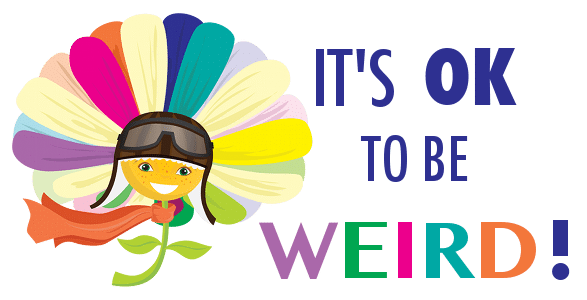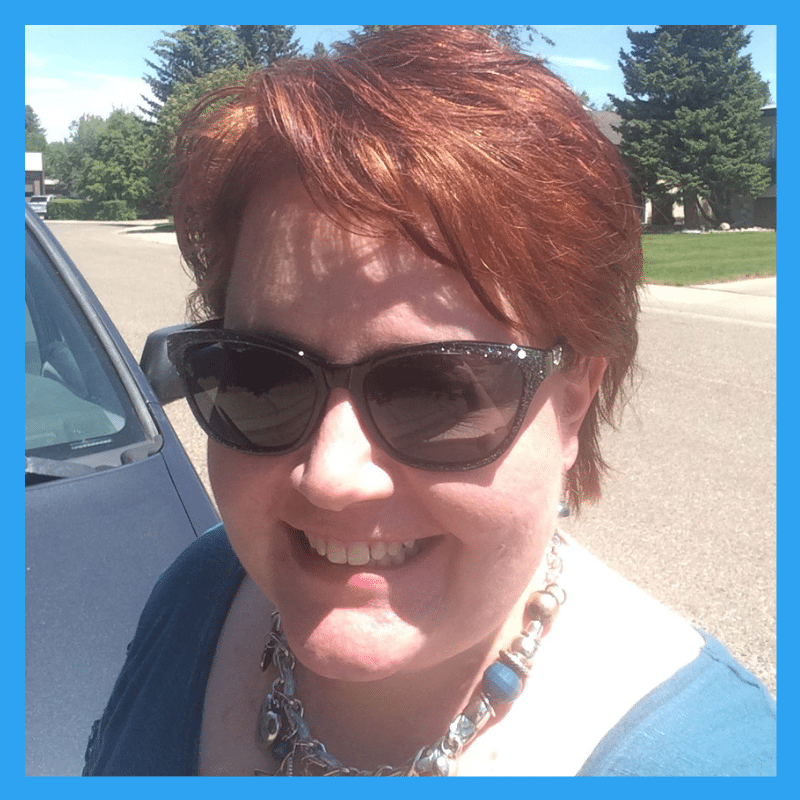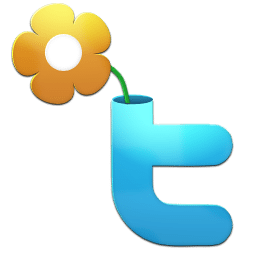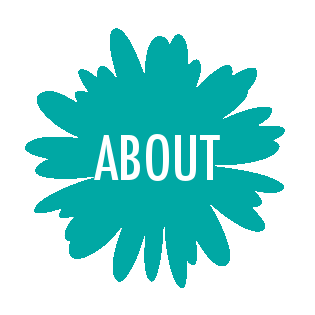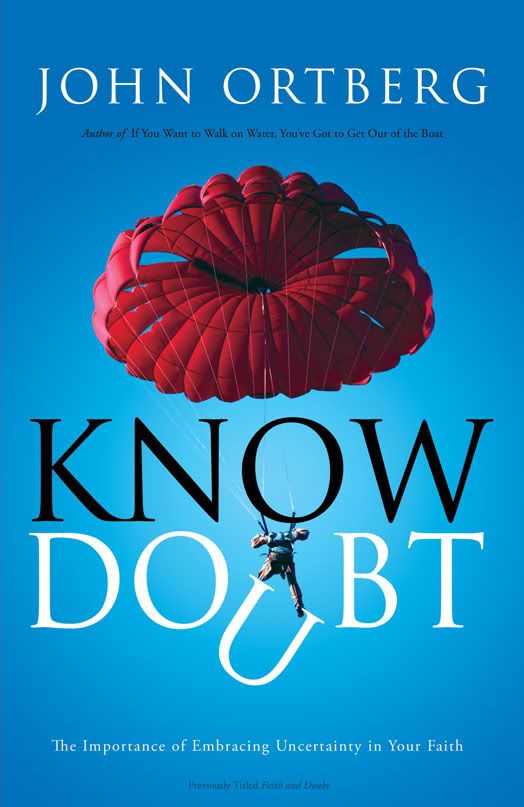
I’ve just finished reading John Ortberg’s book “Know Doubt” (previously titled “Faith and Doubt”). I picked it up after seeing a webcast with is wife, Nancy, where she shared that John experiences the same sliver of doubt in his faith journey that I do – the doubt that any of this God stuff is even real. This book is his take on doubt and how it plays out in our faith.
It’s really just a tiny molecule of doubt deep inside me that wonders how there can really be a God, and if my faith is all just a big joke. I’m not even articulating it very well here…. But suffice it to say that I live with a tiny shred of doubt about my faith. My belief is about 10,000 times bigger than my doubt, but I once heard that some doubt is all doubt. So, I wanted to read this book to see what John had to say about how he’s wrestled with his own doubts.
The subtitle of the book is “The Importance of Embracing Uncertainty in Your Faith”. And this is really what John focuses on most of the time through the book. The book is full of quotes and stories from the most famous philosophers in history, as well as John’s own thoughts about dealing with the issue of doubt.
Maybe it’s too soon since I finished the book to be able to really clearly wrap up what I’m taking away from it. As I sit trying to think about how to best summarize it, it feels too big to pin down right now. (It’s not even a big book, but for me it is a big ISSUE book…) My copy of the book is now full of underlines and margin notes and scribbles of all kinds. Perhaps as the ideas settle out in my head and in my heart, then I’ll have an easier task of seriously reviewing and summarizing the book.
What was made clear to me through the book was that faith can not be faith without doubt. If all doubt is removed, it’s no longer faith, it has become knowledge. Wholly embracing the doubt, and tossing out any belief based on having a smidge of doubt is as much a leap of faith as actually believing is. And we all have to chose what we believe.
A few quotes really stood out for me:
“Disciples are not people who never doubt. They doubt and worship. They doubt and serve. They doubt and help each other with their doubts. They doubt and practice faithfulness. They doubt and wait for their doubt to one day be turned to knowing.”
“You may have many intellectual doubts, and it is really important to be honest about those, to talk about them and study. However, thinking and studying alone never remove the need to choose. The question of faith is never just an intellectual decision.”
And I enjoy baseball, so one section spoke to me very clearly. John is talking about faith being more that just calculating the probabilities
…Let’s say you manage the Los Angeles Dodgers. It’s World Series time – you against the Oakland Athletics. It’s the ninth inning, and you’re one run behind with one man on base and two outs. The world’s greatest relief pitcher is on the mound. You have two pinch hitters; both of them bat .250. One of the says, “I will probably make an out. There’s a three out of four chance I will lose that battle. But at least I will not allow my emotions to cloud my thinking. I will acknowledge the probability of my failure calmly and clearly.” The other guy says, “I believe I will get a hit. I have a deep conviction this is my day.”
Who do you send to the plate? Would it be more rational to send up the logic chopper who thinks he will fail? Wouldn’t it make more sense to call on Kirk Gibson with is five o’clock shadow and his gimpy knee and his swaggering conviction that he is destined for immortality? You would send the pinch hitter who has all the confidence he could muster. There are reasons for faith that go beyond mere evidence. (If you’re not a baseball fan, note that Kirk Gibson was a badly injured power-hitting Los Angeles outfielder who in 1988 produced the greatest World Series moment of all time and forever convinced Dodger fans that God not only exists but is in fact a Dodger.)
That made me laugh, and I thought it was a good illustration.
What I have taken with me from the book most at this moment is the very real sense that it’s OK to have that little sliver of doubt. But that there are also very good reasons for belief, even in the midst of that doubt. There are things about the world and about people in general that point toward a Creator, a God who is intimately involved. Things like our sense of there being a right way to do things, our sense of justice, the idea that accountability is a good thing, and that individuals matter. There’s an order about things, or at least an order that we feel should be about things. And how lack of faith has never seemed to help anyone when it can down to a really big issue.
At the very least John articulated the same kinds of things I feel about my faith and doubt. A choice must be made, in fact, is made every day, by the way we live, regardless of whether we realize we’re making that choice or not.
For now, I’m a bit more comfortable with my doubt, because, as John said early in the book, it is pushing me to search for the truth. That itself is a noble pursuit. And I happen to believe, mostly, that in the end, I will find the Truth, even if for the time being I do know doubt, too.
